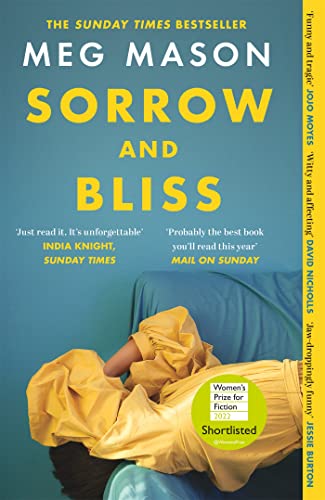Colson Whitehead "Harlem Shuffle" (Fleet)

This is Whitehead's take on a heist novel, set in Harlem in the early 1960s. We don't get in on the execution of the event itself, as our protagonist, Ray Carney is an involuntary participant on the periphery of the action. Ray has a retail furniture store, selling some pretty nice stuff, supporting his family well enough, and dreaming of a better apartment in a nicer neighborhood one day. OK, maybe some of his "second-hand" furniture might have fallen off a truck, or come from a source he'd rather not know about. Aaand, he's not averse to fencing a few pieces of jewelry and other smallish valuables his god-help-me cousin Freddie brings by from time to time. The extra cash is useful. But by and large, Ray would like to think of himself as a legitimate businessman who has risen out of the criminal circles his father was known to inhabit. Of course, he's learned a lot by association, and he understands how the underworld of Harlem works. So when
Freddie gets involved in an overly ambitious heist of safe deposit box contents from the so-called "Waldorf of Harlem", it's no surprise that he volunteers his cousin Ray to move the stuff. The trouble is, Ray had previously told Freddie he wanted no part of this ridiculous scheme, and now he is stuck between the gang and the cops, with no apparent means of escape. The novel is not high on narrative tension, but it is gripping in another way, as Ray and the reader explore the nuances of "doing the right thing", family loyalties, and all kinds of other issues that truly cannot be reduced to "black and white" simplicity. The setting is irresistible, and rendered with the love of NYC in general, Harlem in particular, which was so beautifully displayed in Whitehead's The Colossus of New York. This is how you make us understand what there is to love about a place that is home despite its dangers.

This is Whitehead's take on a heist novel, set in Harlem in the early 1960s. We don't get in on the execution of the event itself, as our protagonist, Ray Carney is an involuntary participant on the periphery of the action. Ray has a retail furniture store, selling some pretty nice stuff, supporting his family well enough, and dreaming of a better apartment in a nicer neighborhood one day. OK, maybe some of his "second-hand" furniture might have fallen off a truck, or come from a source he'd rather not know about. Aaand, he's not averse to fencing a few pieces of jewelry and other smallish valuables his god-help-me cousin Freddie brings by from time to time. The extra cash is useful. But by and large, Ray would like to think of himself as a legitimate businessman who has risen out of the criminal circles his father was known to inhabit. Of course, he's learned a lot by association, and he understands how the underworld of Harlem works. So when
Freddie gets involved in an overly ambitious heist of safe deposit box contents from the so-called "Waldorf of Harlem", it's no surprise that he volunteers his cousin Ray to move the stuff. The trouble is, Ray had previously told Freddie he wanted no part of this ridiculous scheme, and now he is stuck between the gang and the cops, with no apparent means of escape. The novel is not high on narrative tension, but it is gripping in another way, as Ray and the reader explore the nuances of "doing the right thing", family loyalties, and all kinds of other issues that truly cannot be reduced to "black and white" simplicity. The setting is irresistible, and rendered with the love of NYC in general, Harlem in particular, which was so beautifully displayed in Whitehead's The Colossus of New York. This is how you make us understand what there is to love about a place that is home despite its dangers.
